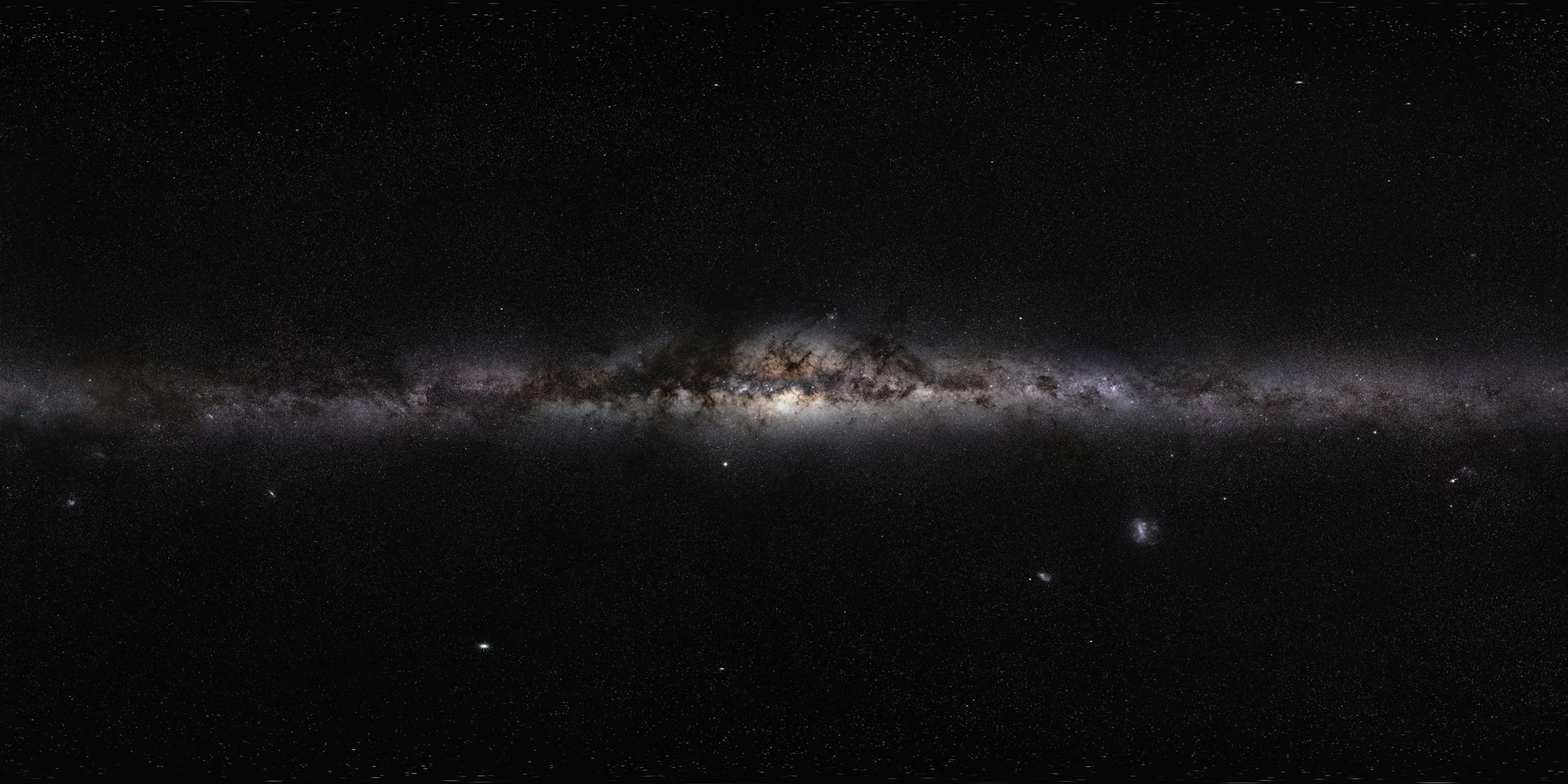As we intensify our plans to explore the moons of Jupiter and Saturn and colonize mars, some may argue that we stand at the beginning of the epoch of space exploration.
In an effort to outline the hazards of intensifying space exploration, an international team of invasion biologists wrote a paper in the Oxford Academic journal BioScience about a particular risk that hasn't yet been talked about a lot, namely biological invasion.
Not the type of invasion with flying saucers and other sci-fi tropes one might think of by reading the word invasion in correlation with space exploration, but the potential risk of extraterrestrial microbiological contamination of our planet (and the other way around). If extraterrestrial microbes exist, the risk may not be as far-fetched as you might think.
Image Credit: Triff via Shutterstock / HDR tune by Universal-Sci
Terrestrial microbes living on other celestial bodies in the solar system
Even though space organizations adhere to strict rules regarding microbes, the risk of contamination may be greater than predicted in the past.
Numerous spacecraft have been sent out into space. Some have landed on the Moon and Mars; others are flying towards distant asteroids. There is already a chance that terrestrial microbes dwell on these celestial bodies. According to the researchers, bacterial strains have been found in NASA's clean rooms used to construct spacecraft. Moreover, these strains have displayed exceptional resistance to disinfectants and ionizing radiation. It is therefore not inconceivable that some organisms have been deposited on the red planet, for example.
It is also conceivable – though unlikely – that some of them survived. So should astrobiologists discover life on Mars, they need to be able to distinguish organisms native to Mars from those accidentally traveled on previous space missions.
Taking extraterrestrial microbes back to Earth
Our efforts to explore space will only intensify in the future. Not only do we have manned space travel on the horizon, NASA, among others, plans to visit many more celestial bodies in our solar system. What we will encounter on these exotic worlds is unknown, and we may unintentionally take alien microbes with us back to Earth.
According to Professor / Anthony Ricaarde, invasive species biologist at McGill University and lead author of the paper, biological invasions are a global biosecurity threat. An incident of this nature would demand stringent international cooperation.
To tackle potential incidents, the team has outlined an approach to deal with this subject matter. The developing field of invasion science will investigate the causes and impact of the introduction of organisms outside their evolved ranges.
Ricciardi and his partners stated that the field has already formed valuable insights on rapid evolution, the relationship between population stability and biodiversity, accelerated evolution, and the dynamics of parasite-host and predator-prey interactions that may prove to be helpful.
Image Credit: kridipol poolket via Shutterstock / HDR tune by Universal-Sci
Preparing for extraterrestrial microbiological contamination of Earth
According to the team, it is possible to modify existing protocols such as hazard evaluation and containment processes currently used for invasive species on Earth to suit possible extraterrestrial microbial contaminants.
In their paper, the researchers empathize that several understandings derived from the field of invasion biology could be used to mitigate or better understand extraterrestrial biosecurity problems.
Examples of this are the understanding that isolated systems like lakes and islands are more susceptible to invasion threats and the insight that a microbial hazard must be detected early if we want to be able to manage it.
Ricciardi and colleagues advise that portable real-time DNA sequencing technologies joined with databases of known organismal contaminants could allow for a fast response.
Why biosecurity should be a consideration in space mission planning
Notwithstanding their potential value for biosecurity, the researchers assert that invasion biologists have yet to be involved in Committee on Space Research planning.
This should change soon, they argue, because "greater collaboration between invasion biologists and astrobiologists would enhance existing international protocols for planetary biosecurity—both for Earth and for extraterrestrial bodies that could contain life."
The team outlined their case for improved biosecurity more extensively in their paper published in the science journal BioScience. We listed it below for those that are interested in the subject.
Sources and further reading:
Planetary Biosecurity: Applying Invasion Science to Prevent Biological Contamination from Space Travel (Oxford Academic / BioScience)
If you enjoy our selection of content, consider subscribing to our newsletter - (Universal-Sci Weekly)
FEATURED ARTICLES:










